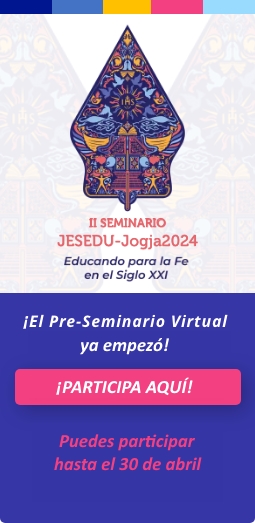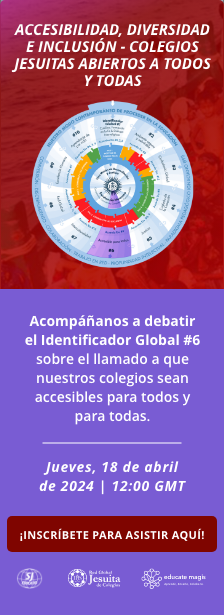On the occasion of Remembrance Day, 27th January 2019, all the schools from Leone XIII Institute promoted several didactic and cultural initiatives, culminated in a strongly emotional art installation.
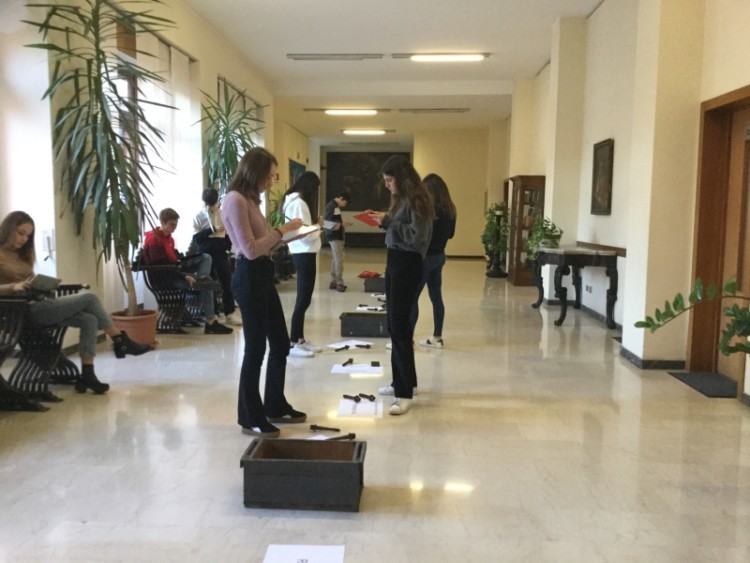
In the spacious entrance hall of the Institute, old, disused railway materials such as screws, bolts, and tool boxes were exposed and distributed on the floor in order to remind people of the deportation of Jews to extermination camps.
These materials were interspersed with white sheets on which there were words that evoked the huge deportations that have punctuated the 20th and 21st centuries. The installation ended with the exhibition of some life jackets similar to those used by the Italian coast guard during the rescue operations of migrants in the Mediterranean sea.
During the following week, school classes were accompanied by their teachers to visit the installation, to have a deep walk in it, to reason and to express aloud their thoughts and their reflections aroused by the words they had read and by the emotions they had felt.
Primary school pupils, secondary school students, and high school students were invited to reflect on the relationship between the promotion of justice and the profession of faith, and the personal commitment that is required in order for it to be realized to the fullest.
These themes have continued to cross our way of doing school since p. Arrupe SI urged us to form men and women with and for others.
Some high school students were asked to write down their feelings, starting from one of the words that were written on the installation sheets. Here are some of them:
I chose the word CATALOGING. I strongly believe that men cannot be catalogued as catalog products, objects. A cataloguing of this kind cannot exist. It is impossible to compare humans – who have life and soul – to objects, even because humans are equal, they have the same rights and they are on the same level. You cannot simply save some and leave others to danger, stalk some and set some others free.” – Carola.
I think the key word in this installation is TRIVIAL EVIL. I chose that phrase because I think all this cruelty has been a meaningless and trivial action. It was trivial because all this was not necessary, there was no real reason, but only a senseless and unfounded hatred. I think the authors of this tragedy are people without dignity, but mostly without soul.” – Lorenzo.
I chose the word CATALOGING. How can you catalog a man? On what principle is human cataloging based? Categorizing on the basis of race is inhuman and today, after more than 50 years, the distrust towards those who are considered different in terms of religion, race, or culture still prevails. Everyone is responsible for their own future and a retrograde mindset must not hinder a man. The cataloguing is done without any real criteria at the base, and it is supposed to establish a differentiation which is unthinkable among men. » – Emma.
The word that strikes me most is DEPORTATION. I think this word should not exist because it involves a terrible and inhuman reality. I think nowadays people cannot be deported or removed from their family or their own country. I think all humans must be respected even though they have a different culture or are different from us. » – Salvatore.
I chose the word DENIED RIGHTS. In these inhumane situations – let’s just think of the genocide of the Jews but also of the tragedies happening every day in our world – the most terrible thing is that none of these people has rights. NO ONE has the right to life, since it is taken away. NO ONE is entitled to their own security, and lives in constant terror of dying. NO ONE has the right to freedom of opinion and expression, forced to being subject to fierce supremacy. NO ONE has the right to religion, conscience and freedom, everything is denied. It is no longer a matter of life, but of surviving in a world seen as a miserable and unfriendly environment. But, in spite of everything, we must try to get these rights struggling every day for our ideals, cultivating hope in order to cope with such tragedies. – Beatrice.
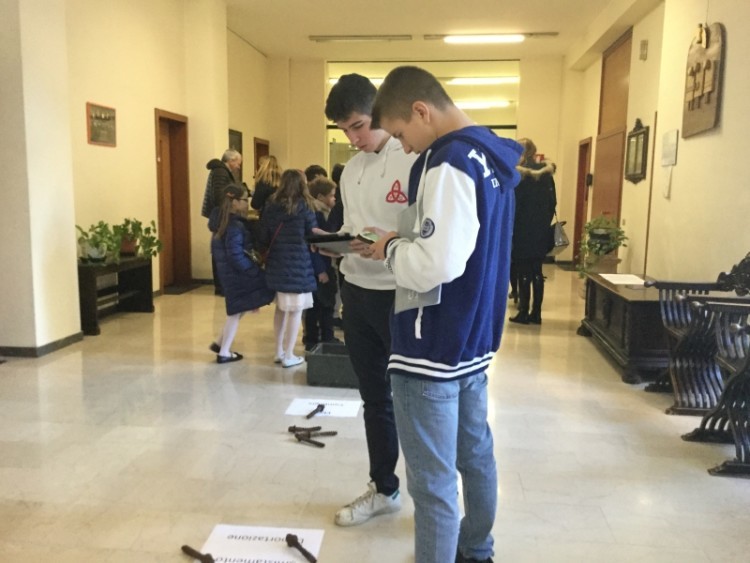
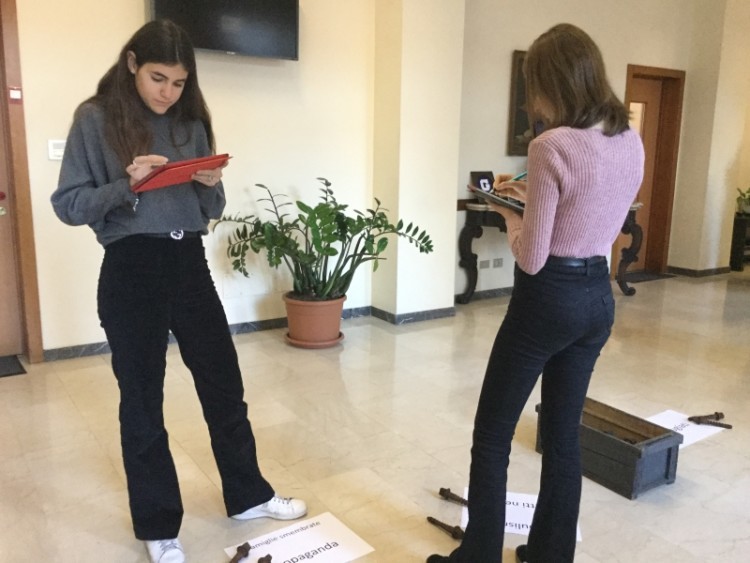
Inicia sesión o Hazte miembro
para crear y ver comentarios
